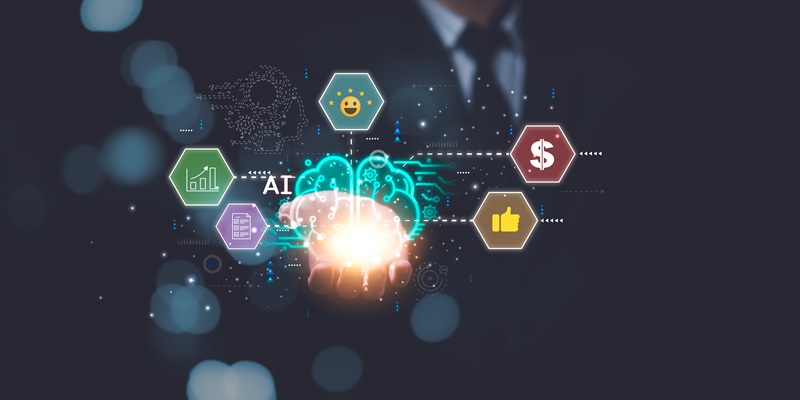Generative AI is increasingly pivotal in modernizing marketing automation. It provides sophisticated capabilities that enhance strategy refinement, increase efficiency, and enable hyper-personalization in customer interactions. This technology is not only fostering but also accelerating digital transformation. To remain competitive, companies are recognizing the necessity of embracing AI technologies. The rise of Generative AI marks a transformative era where businesses must adapt to survive. By leveraging AI’s potential, they can anticipate and meet customer needs more accurately, streamline operations, and secure a competitive edge in a rapidly evolving marketplace. The importance of integrating such advanced AI into their operations cannot be overstated, as it has become imperative for success in today’s digital economy.
Strategic Integration of Generative AI
Refining Marketing Strategies with Data Analysis
Generative AI is revolutionizing audience targeting with its deep analytical capabilities. By sifting through extensive data, it identifies subtle consumer trends, guiding the production of highly tailored content strategies. This innovation is a cornerstone for crafting more captivating and productive marketing tactics. Utilizing intricate algorithms, these AI systems enable brands to forecast shifts in the market landscape and modify their promotional efforts with agility. The dynamic nature of Generative AI ensures that businesses remain responsive to evolving customer needs and maintain a competitive edge. This strategic leverage of technology streamlines the pathway to impacting audiences effectively, offering a fresh perspective on engaging with consumers and keeping pace with the competitive market.
Optimizing Operational Efficiency
Generative AI revolutionizes the marketing landscape by offloading mundane tasks, freeing teams to pursue visionary projects. Workflow automation not only curtails human error but also accelerates campaign delivery. Processes such as meticulous tracking and analytics are effortlessly streamlined, empowering marketers to focus on crafting compelling narratives. Such technology is a game-changer, providing rich insights for tactical marketing choices. With AI’s integration, a robust strategic edge is gained—complex decision-making is informed by in-depth data analysis, steering marketing efforts towards greater efficiency and effectiveness. This innovative orchestration allows for a seamless blend of creativity and analytics, driving the marketing industry towards a future where innovation thrives unencumbered by operational limitations.
Personalized Customer Interactions
Utilizing Qualitative Data
Generative AI is revolutionizing marketing by converting qualitative customer data into actionable insights. Interactions from various communication channels such as calls, emails, and chats are now mineable sources that provide a deeper understanding of consumer sentiments. This innovation enables a new era of personalization in marketing communication. Tailoring messages that resonate with each customer at a very personal level is now feasible, and it allows businesses to connect with their audience more genuinely. The enhanced personalization fostered by AI not only increases customer satisfaction but significantly boosts loyalty and trust in the brand. By leveraging Generative AI, companies can deliver a customer experience that is both intimate and authentic, ultimately transforming the landscape of customer engagement. This AI-driven personalization is a remarkable advancement, acting as a game-changer for customer interaction strategies in the digital age.
Enhancing Customer Experiences
Generative AI is revolutionizing marketing by personalizing content, allowing for a tailored experience that resonates with individual customer interests and behaviors. This advanced analysis and targeting foster a sense of being truly understood, enhancing the customer-business connection. Consequently, this leads not only to increased customer satisfaction but also to improved conversion rates and loyalty, as marketing messages become significantly more impactful. By leveraging the capabilities of AI to dissect and utilize customer data, businesses can curate experiences that appeal directly to each person, ensuring that every communication feels personal and relevant. This strategic use of technology results in more effective marketing efforts and a robust, lasting relationship with the audience.

